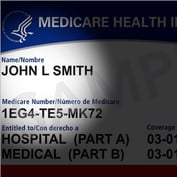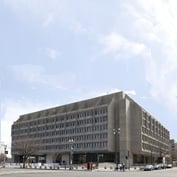NU Online News Service, July 9, 2003, 5:33 p.m. EDT — Washington
Two senators have introduced a medical malpractice reform bill that would repeal the McCarran-Ferguson antitrust immunity for medical malpractice policies.
Sens. Richard Durbin, D-Ill., and Lindsey Graham, R-S.C., introduced the bill, the Better Health Act of 2003, shortly before the Senate killed S. 11, a bill backed by the Bush administration that would have placed a $250,000 cap on non-economic damages in medical malpractice cases.
The Durbin-Graham bill, S. 1374, is being offered as an alternative to S. 11, but many doubt S. 1374 will do any better than S. 11.
The Durbin-Graham bill would eliminate the insurance industry’s antitrust immunity in connection with allegations of price-fixing, bid-rigging and market allocations in the medical malpractice insurance market.
In addition, the bill would have the Treasury Department study the feasibility of creating a Federal Reinsurance Fund to pay for non-economic damages. This fund would help malpractice insurers price their products better and protect malpractice insurers from rising reinsurance costs, according to a summary of the bill.








 July 09, 2003 at 08:00 PM
July 09, 2003 at 08:00 PM









